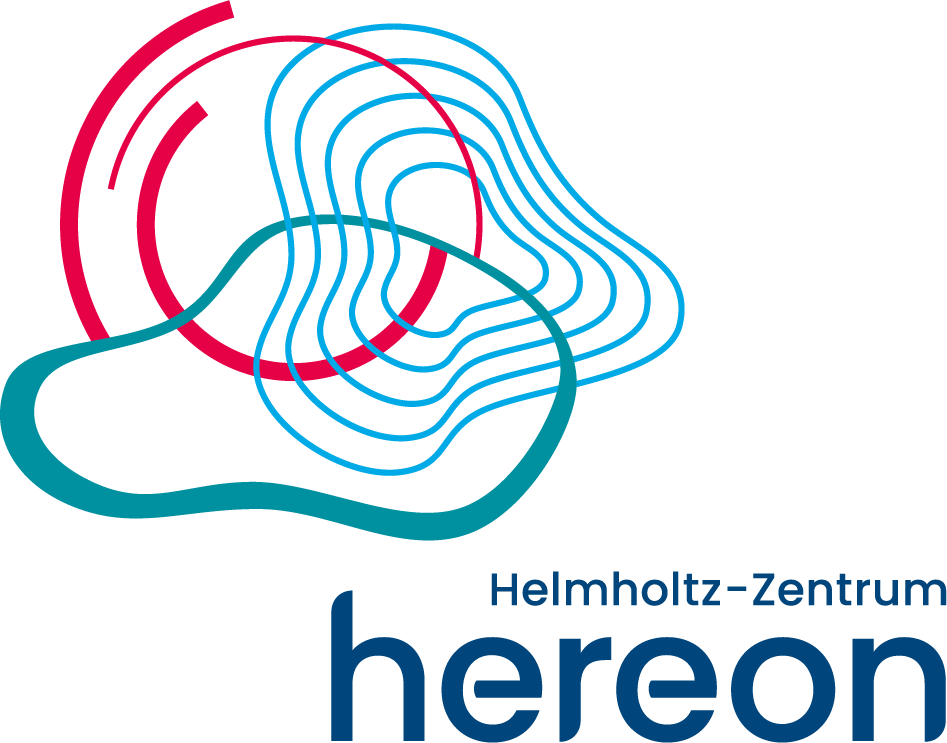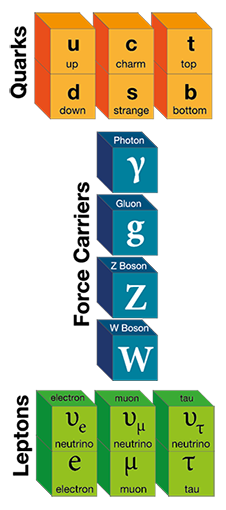MLZ is a cooperation between:
 > Technische Universität München
> Technische Universität München > Helmholtz-Zentrum Hereon
> Helmholtz-Zentrum Hereon
 > Forschungszentrum Jülich
> Forschungszentrum Jülich
MLZ is a member of:
 > LENS
> LENS > ERF-AISBL
> ERF-AISBL
MLZ on social media:

MLZ (eng)
Lichtenbergstr.1
85748 Garching
Nuclear and Particle Physics
Experiments in the field of nuclear and particle physics mostly measure the correlation of energy and angle of reaction products. The latter include the proton, electron and anti-electron neutrino arising from free neutron decay or fragments of an induced nuclear fission by the capture of a neutron.
Competing theories can be tested using detailed knowledge of the energy spectrum and the angular distribution of the reaction partners.
The neutron as investigation object
The neutron consists of three quarks and decays mostly into a proton, electron and an anti-electron neutrino. This decay offers access to a matrix element in the quark-mixing matrix (Cabibbo-Kobayashi-Maskawa-Matrix) of the Standard Model as well as the elementary coupling constants of the electroweak interaction. This matrix can be used to test the CP invariance. The violation of the CP invariance is a key principle of the baryogenesis in the “Big Bang“ theory. These “key parameters” of the neutron within the Standard Model are the basis of modern astrophysics.
The neutron as a probe
The neutron, due to its missing charge, is able to penetrate the target nucleus easily and to induce nuclear reactions. One prominent reaction is the induced fission of uranium. Theoretical models of energy levels in nuclei can be tested if all products of this reaction can be measured in coincidence. The spin of the incident neutron offers for the theoretical scientist an additional parameter to test their theories.

Standard Model of particle physics.
MLZ is a cooperation between:
 > Technische Universität München
> Technische Universität München > Helmholtz-Zentrum Hereon
> Helmholtz-Zentrum Hereon
 > Forschungszentrum Jülich
> Forschungszentrum Jülich
MLZ is a member of:
 > LENS
> LENS > ERF-AISBL
> ERF-AISBL
MLZ on social media:


